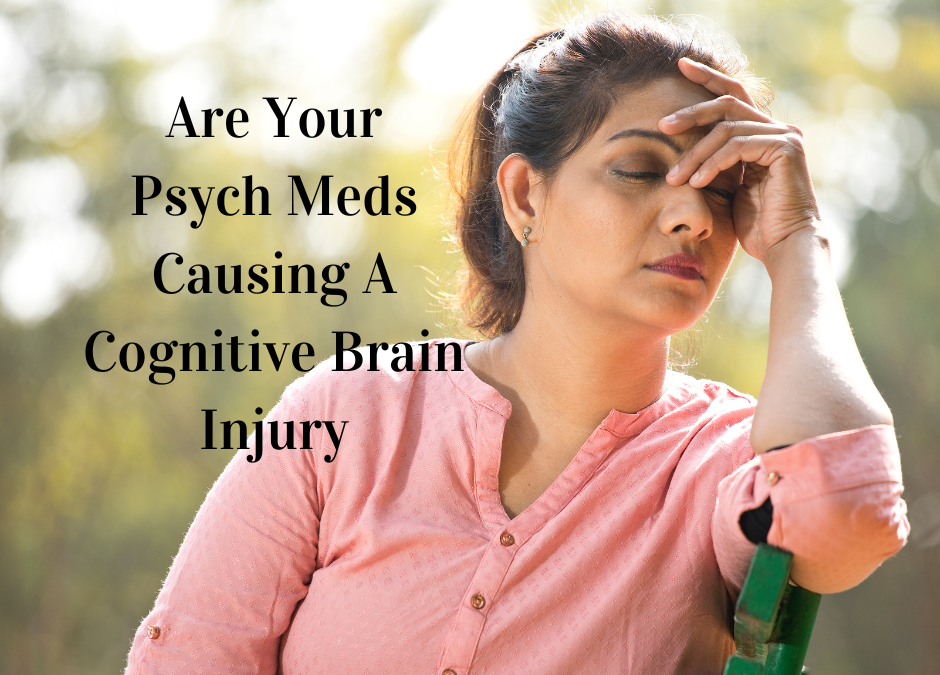Have you ever felt like your brain isn’t working the way it used to? Maybe you’re forgetting things more often, having trouble concentrating, or feeling emotionally flat. What if the cause wasn’t stress or aging but something deeper—like the medications you’re taking?
This is where anosognosia comes in. It’s a big word, but it means something simple: being unaware of a problem. Dr. Peter Breggin, a psychiatrist, has spent years talking about how psychiatric medications might cause this lack of awareness—and other problems in the brain. Let’s break it down.
What Is Anosognosia?
Anosognosia happens when someone can’t see that they have a problem. It’s not denial—it’s an actual inability to recognize that something’s wrong.
Doctors often use this term when talking about mental health conditions like schizophrenia or bipolar disorder. But Dr. Breggin says medications themselves can also cause anosognosia. Imagine taking something to help your brain, only for it to make you less aware of how it’s affecting you.
How Medications Affect Your Brain
Dr. Breggin explains that some medications for mental health can hurt the brain over time. These effects can creep up on you, making them hard to notice. Here are some common issues:
- Brain Fog: Feeling groggy or “off” is a common side effect of medications that slow brain activity.
- Memory Problems: Medications can make it harder to remember things or focus.
- Brain Changes: Research shows that long-term use of some medications, like antipsychotics, can shrink areas of the brain that control memory and decision-making.
- Emotional Numbness: While medications might stabilize your mood, they can also make you feel less connected to yourself and others.
Why It’s Hard to Notice
The worst part? Medications can make it harder to notice their effects. You might think your mental health is getting worse, leading to more prescriptions or higher doses.
This creates a frustrating cycle:
- Medications cause brain fog or memory problems.
- You don’t realize the medication is the issue.
- Your doctor prescribes more medication to treat the symptoms.
Dr. Breggin has seen many people get stuck in this loop without realizing what’s happening.
What Can You Do?
If this sounds familiar, don’t panic. There are steps you can take to protect your brain and health:
- Ask Questions: Talk to your doctor about how medications might affect your brain in the long run.
- Look for Alternatives: Therapy, mindfulness, exercise, and good nutrition can help without the side effects of medications.
- Taper Off Slowly: If you want to stop a medication, work with your doctor. Quitting too quickly can cause withdrawal symptoms.
- Support Your Brain: Activities like meditation, puzzles, and creative hobbies can help your brain heal and grow stronger.
Take Back Control
Dr. Breggin’s work reminds us that while medications can be helpful, they also have risks. If you’ve noticed changes in your focus, memory, or emotions, it’s worth looking closer. You deserve to feel your best, and understanding how medications affect you is the first step.
To learn more about Dr. Peter Breggin’s research and insights, visit his website: Dr. Peter Breggin.
Have you experienced anything like this? Share your thoughts in the comments below!

